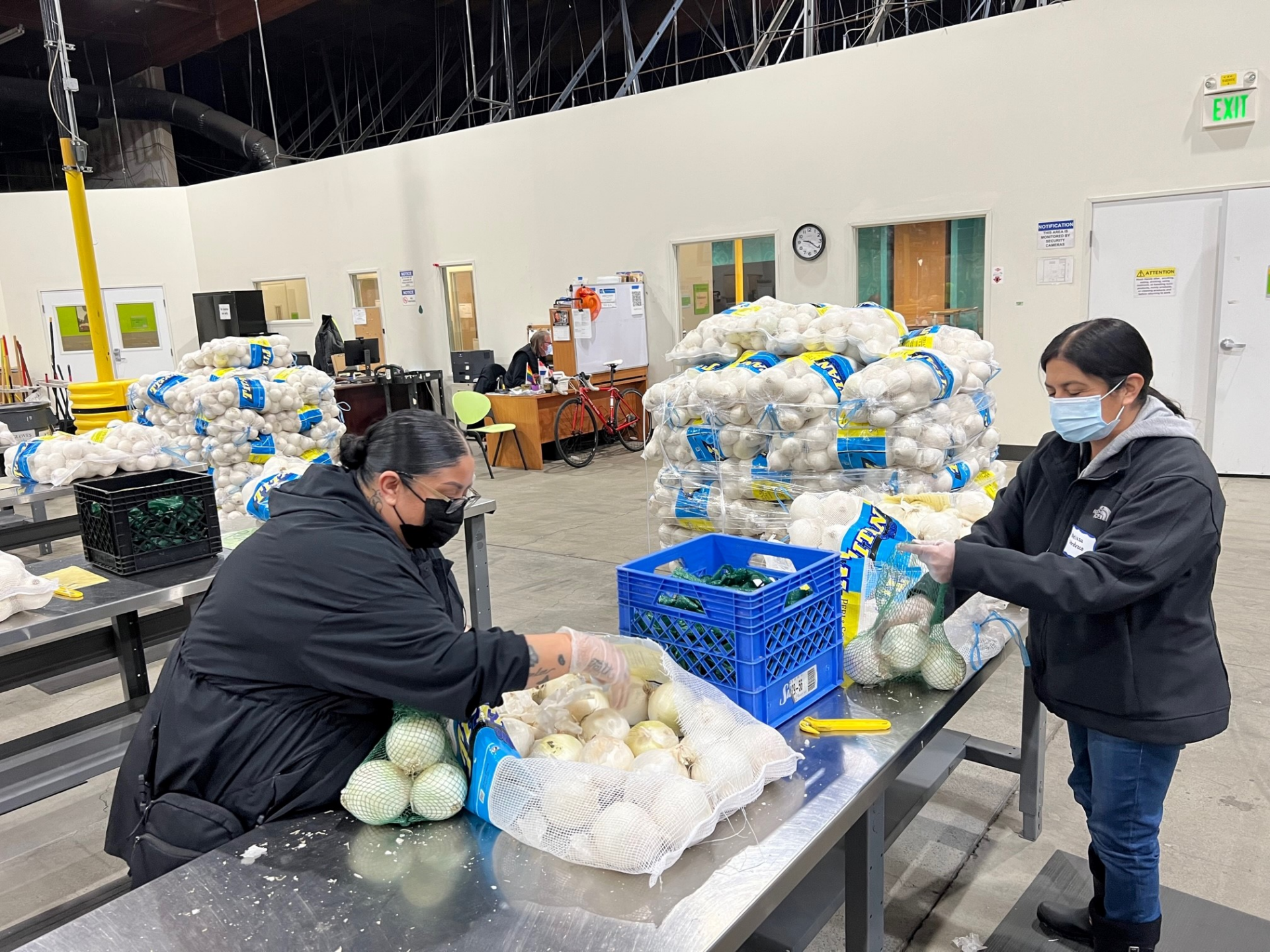BLOOMINGTON, MINNESOTA, US — Miller Milling Co., a part of Japan-based Nisshin Seifun Group, recently announced plans to expand its solar power capabilities at its flour mill in Fresno, California, US.
Company officials said the expansion will add 1.01 megawatts of DC electricity that will be transformed and used at the mill. This amount plus the existing 1.01 megawatts of electricity being produced through solar will satisfy roughly 33% of the total electrical demand of the facility, the company said.
Miller Milling Co.’s solar power system became operational toward the end of 2017, Damon Sidles, plant manager, said in a 2018 article in World Grain. The project involved the installation of 2,340 solar panels required for the project on 5 acres located adjacent to the mill, he said.
In 2021, Miller Milling enrolled the facility in the US EPA Energy Star Challenge for Industry, which challenges industrial sites to reduce their energy intensity by 10% within a five-year period from enrolling. The company said it anticipates the Freson site will accomplish this goal by 2024 when the additional solar production is fully operational.
“This accomplishment will make the Fresno facility the only US-based flour mill to achieve the USEPA Challenge,” the company said. “We are proud that we will be joining many of our baking customers who have already achieved the challenge.
“The use of renewable energy is supportive of a primary sustainability goal of Miller Milling which is to reduce our overall CO2 emissions. Our targets of 50% reduction of CO2 emissions (from 2013 baseline) by 2030 and zero emissions by 2050 are aggressive but achievable via projects like this and further investment into renewable energy options.”
Miller Milling said it also is expanding its sustainable efforts to include support of regenerative agriculture in wheat production.
“We will be leveraging partnerships with our suppliers and customers to support farming practices that sustain soil health and reduce the production of CO2 emissions through agricultural practices,” the company said.
The Fresno facility’s daily flour production capacity is 9,500 cwts, according to Sosland Publishing’s 2023 Grain & Milling Annual. Miller Milling operates five mills in the United States with a combined daily milling capacity of 86,600 cwts, making it the nation’s fifth largest miller, according to the Grain & Milling Annual.











